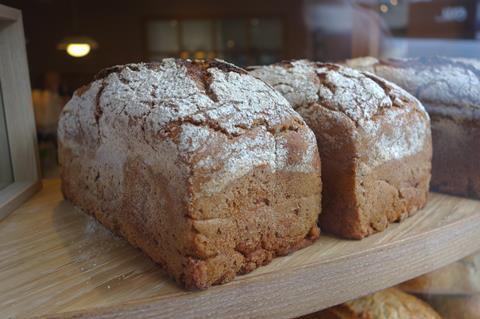
The Real Bread Campaign (RBC) has published a list of proposals for how the next government can help create a ‘better bread Britain’.
The campaign said its ‘Real Bread Manifesto’, which became available via the Sustain website this morning, is being launched in the run up to the general election – as yet to be announced but to be held no later than 28 January 2025.
“Creating a future in which everyone in the UK has a chance to choose delicious, nutritious Real Bread is a team effort,” commented RBC coordinator Chris Young on the initiative. “While we, and the wider Real Bread movement, are working on parts of the puzzle, our Real Bread Manifesto lays out what we believe the next government can and should do.”
After reading the manifesto, members of the public are also encouraged to spend three minutes completing an online template. This will be sent to their local MPs to urge support behind the RBC’s calls for reform to address the most pressing issues facing bakery SMEs.
There are around 2,500 micro and small bakeries currently operating in the UK, claims the RBC, which represents the majority of businesses in the baking sector. Despite being key innovators, many of these firms are said to be under threat from closure as they struggle to cope with skyrocketing costs of energy, rent, ingredients, and labour.
Key recommendations for the medium- to long-term stated in the manifesto include:
- Raising the small business rates relief threshold for SME bakeries
- Allowing micro and small bakeries to reclaim VAT on energy costs
- Helping staff retention by introducing tax relief contributions for employees who have worked at the same SME bakery for at least two years
- Introducing easy-to-apply for grants to cover increases in operational costs
- Establishing a government-backed, not-for-profit body for collective procurement of energy and flour at discounted rates
- Empowering local authorities to make long-term closed shops available to SME bakery businesses
- Providing support in covering the costs of redundancies; dilapidations to buildings and early surrender costs on leases in the case that a small firm is forced out of business

The RBC had previously held its Bankers for Bakers initiative in London a couple of months back, seeking support from the financial sector for local bakery SMEs.
Among the additional recommendations included in the manifesto are calls for real bread making to be taught in schools, grants to enable small bakeries to reduce energy usage and improve efficiency, and a local food voucher scheme to support people hit hardest by the cost-of-living crisis.
The campaign also intends to update its Honest Crust Act regarding labelling and marketing standards, which aims to enable consumers in making better-informed food choices and create a more level playing field for small bakeries.
Since its launch in 2008, RBC proposals have contributed to adoptions in the UK including mandatory declaration of the so-called ‘fortificants’ added to non-wholemeal wheat flour (2014), and mandatory full ingredients listings on wrapped loaves (2021).
A legal definition of wholemeal flour is set to be introduced later this year as part of Defra’s confirmed changes to the Bread & Flour Regulations 1998.
The Advertising Standards Authority recently ruled in favour of Hovis following a complaint from the RBC on use of certain words and phrases in online marketing for its Rustic Bloomer loaves. These included specific claims of ‘rustic’, ‘authentic’, ‘traditional’, ‘artisanal-inspired’, and ‘no artificial preservatives’.



















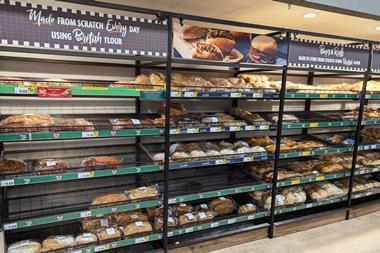
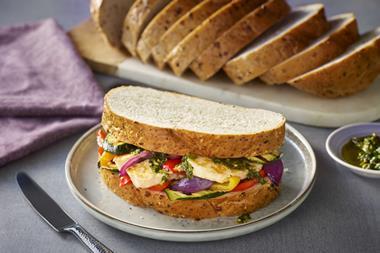
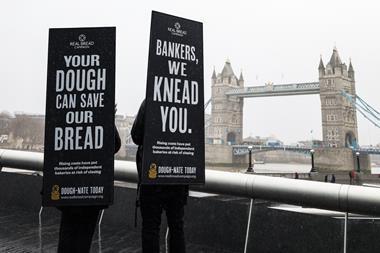
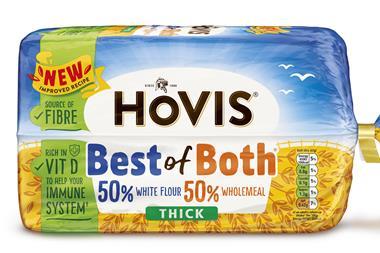
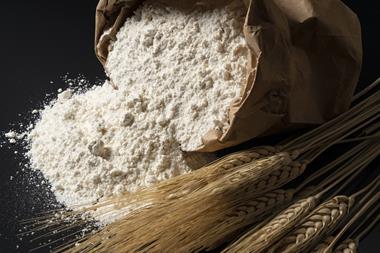



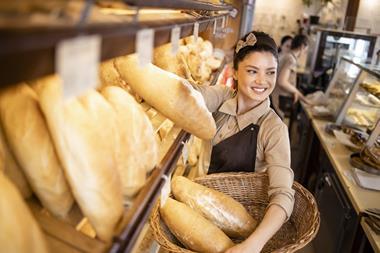




No comments yet